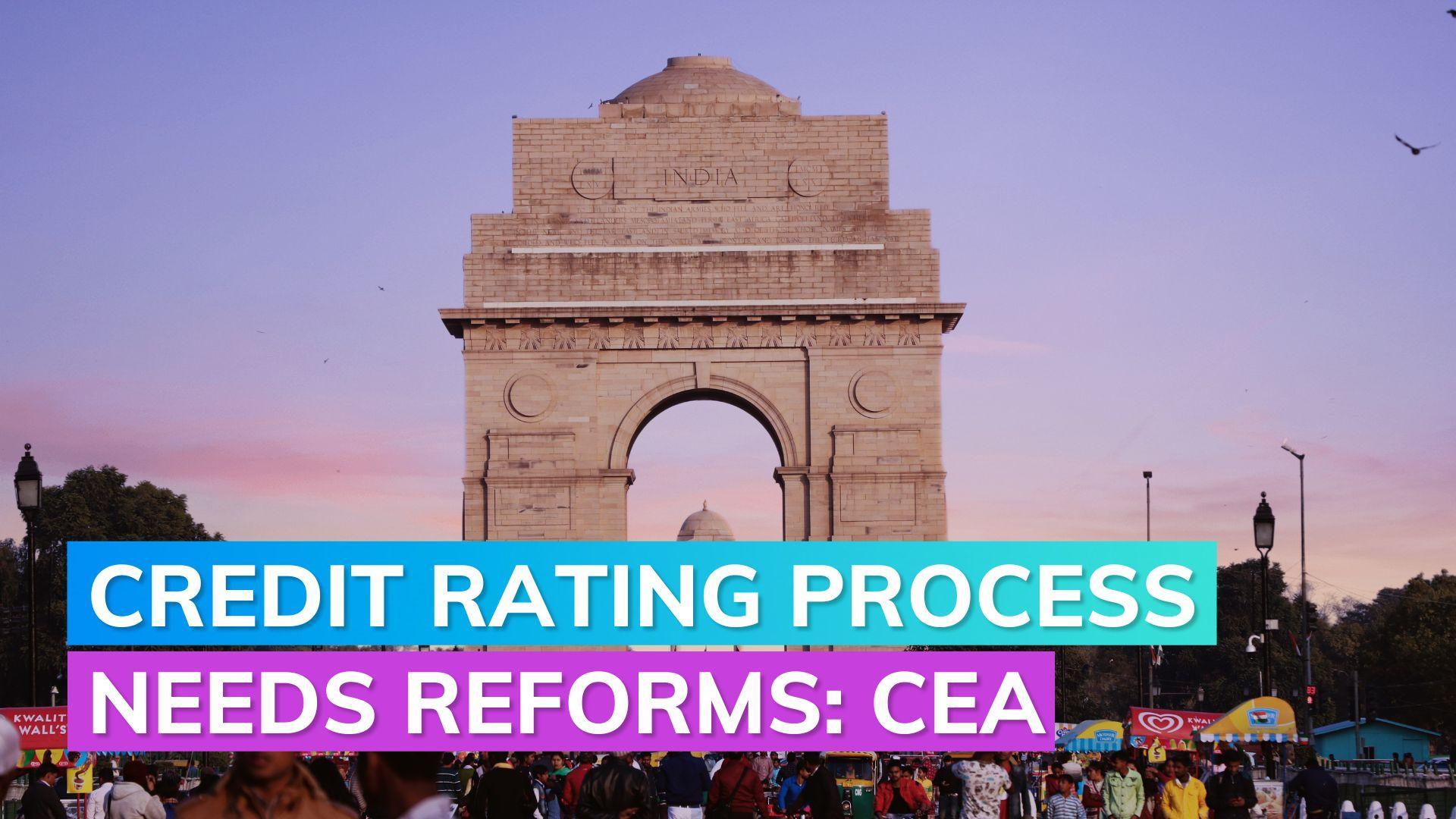Rating agencies too subjective, loaded against India, need reform: CEA (Indian Express)

- 22 Dec 2023
Why is it in the News?
Credit rating agencies need to reform their sovereign rating process to correctly reflect the default risk of developing economies, saving billions in funding costs, the government’s chief economic adviser, V Anantha Nageswaran, said recently.
What is a Sovereign Credit Rating?
- A Sovereign Credit Rating serves as an assessment of a government's ability to meet its debt obligations, with a lower rating reflecting higher credit risk.
- Rating agencies typically consider multiple factors such as growth rate, inflation, government debt, short-term external debt as a percentage of GDP, and political stability.
- A positive credit rating not only boosts credibility but also indicates a history of timely loan repayments, aiding banks and investors in evaluating loan applications and determining appropriate interest rates.
- The global credit rating industry is dominated by three major agencies: Moody's, Standard & Poor's, and Fitch.
- Despite India's ascent from the 12th to the 5th largest economy globally in 2023, with the second-highest growth rate among comparable economies, its credit ratings from S&P and Fitch stand at BBB, while Moody's rates it at Baa3—indicating the lowest investment-grade level.
Concerns Regarding Credit Rating Methodology:
- A quantitative examination revealed that more than 50% of credit ratings rely on qualitative components.
- Institutional Quality, predominantly gauged through the World Bank’s Worldwide Governance Indicators (WGIs), emerges as the primary factor influencing the credit rating of a developing economy.
- This poses a challenge as these metrics are often non-transparent, perception-driven, and derived from a limited group of experts, making them inadequate in representing the sovereign's willingness to meet its financial obligations.
- The non-trivial impact of these indicators on ratings implies that developing economies must exhibit progress along subjective indicators to secure a credit rating upgrade.
CEA's Suggestions for Credit Rating Reform:
- The Chief Economic Advisor (CEA) proposed a shift towards primarily considering a country's historical debt repayment record as a key determinant of its 'willingness to pay,' in contrast to relying on potentially suboptimal qualitative information.
- Embracing such a model would significantly enhance the credibility of Credit Rating Agencies (CRAs).
- The use of qualitative information and judgment should only be a last resort when genuine, verifiable data options are unavailable.
- If governance indicators are to be employed, they should be grounded in clear, well-defined, and measurable principles, steering away from subjective assessments by CRAs.
- CRAs possess a comprehensive database of global best practices, influencing their judgments.
- Sharing this knowledge with the countries they assess would empower sovereigns to take targeted actions to enhance their creditworthiness.
